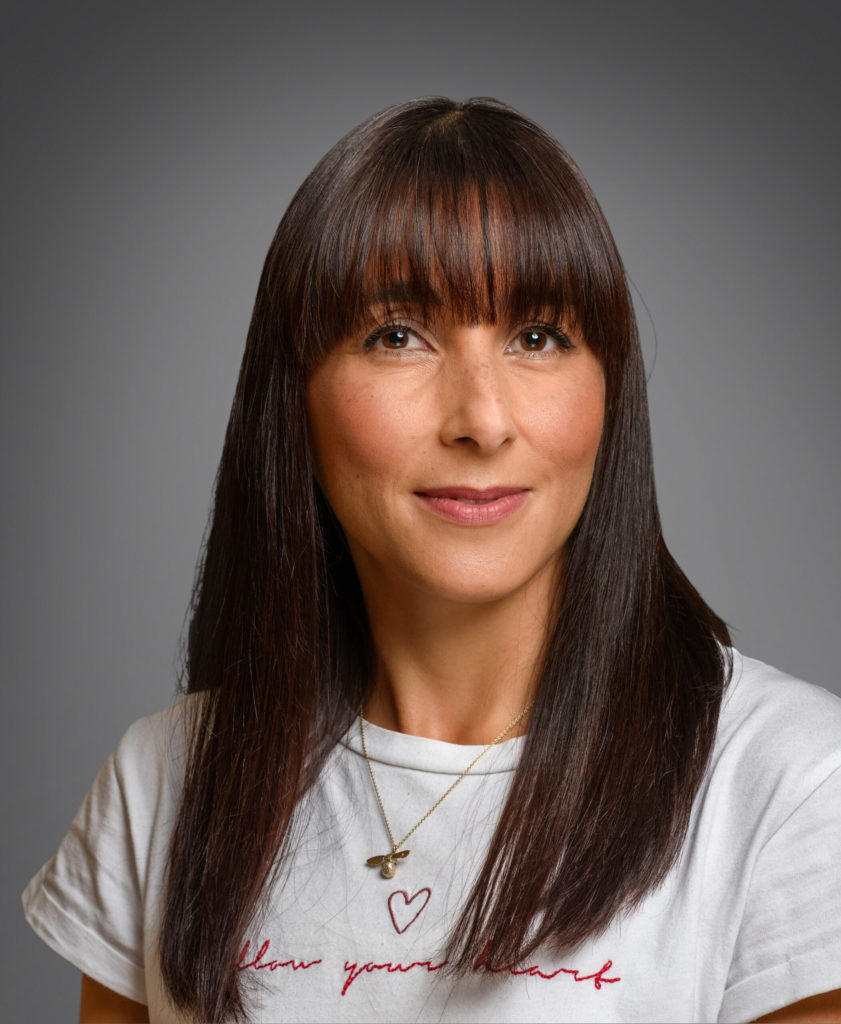Marketers must stop obsessing about the ‘Internet of Things’ when communicating the benefits of connected technology to consumers, according to Vodafone divisional marketing chief Pamela Brown.
She believes that few people beyond the industry have any concept of the IoT and would better be served by understanding how certain products and services could transform aspects of their everyday lives.
Connecting for a better future
“At Vodafone we talk about our purpose of connecting for a better future and that runs through everything we do,” she says. “It’s why we have been pioneering the development of IoT, but consumers don’t see it in that language. The language that they use is smart tech,” continues Brown, saying she has been urging the business to “drop this IoT”.
Brown is Chief Marketing Officer of Vodafone Smart Tech, the division launched three years ago to bring connected products and services to consumers.
She was previously part of the founding team to create, build and launch Hive by British Gas, helping it become the leading UK connected homes brand, and has also worked across financial services and fintech, starting her career at BT.
Yet the internet and its possibilities has always fascinated her: a university dissertation saw her argue how the internet would transform marketing. “I’ve always just had this really funny obsession with the internet and with technology at speed, because I knew that broadband would transform the way that we lived,” she says.
Leveraging enterprise experience for a better consumer offering
Vodafone has a strong history in the IoT space, mostly around business and enterprise solutions, but the decision to break into the consumer space was an obvious one, she says.
“Enterprise IoT is a hugely successful business [for Vodafone] with millions of IoT connections. When we were first assessing the consumer IoT business case, we knew consumers were seeking out solutions to solve their needs in new ways. And there’s a significant opportunity for us to build on enterprise connectivity and heritage to help people find new ways to connect to loved ones and things that are important to them.”
At first it white-labelled its technology to other companies, but it became clear that its future should lie in building its own brand in order to develop products its customers wanted and to take control of the full build and customer experience.
Doing the right thing for consumers
She says: “Tech for tech’s sake isn’t useful in people’s lives and obviously won’t catch on. The bar should be how useful it is in somebody’s life and that’s key to the way we think about the products we should invest in.”
Its smart tracker, Curve, was the first product launched under the Designed and Connected by Vodafone range. A second, a children’s watch called Neo featuring Disney characters, will debut in February, with more products in development.
Each are built on Vodafone’s IoT platform centrally and then deployed across multiple markets. A Vodafone Smart App creates a connected ecosystem enabling multiple use cases and cross device intelligence to create a seamless and adaptable customer experience. The smart tracker differs from rival products in that it comes packed with four forms of technology, rather than the standard one or two: GPS, cellular, Bluetooth and WiFi.
The importance of education and awareness in a nascent category
Brown continues: “This is a nascent category, so the job of marketing is to raise awareness of the problems these products solve. In some senses, consumers don’t even know that there is a solution to some of those problems, such as tracking down a missing bag or dog.”
She believes that brands such as Vodafone, that have history and trust on their side can help open up this nascent strategy, citing research it conducted last year across Italy, Germany, Spain and the UK. The three key characteristics those surveyed cited were: innovation, desirability and trust.
The products needed to serve a purpose, look good and above all be trusted, she said. “With Vodafone, they know we’ll be responsible, whether that’s where the data is going, how it is maintained and governed. People need to be reassured.”
Security and privacy are baked into each product or service’s design from the beginning, following a strict internal policy process across the network, network access, management and data management. “It’s not like we build something and then think, ‘now, how can we make this safe?’.”
It is why much of the early marketing and communications of the new smart products is centred around education: around what problems the products solve and around how every aspect of its connected technology works in order to assure potential customers as to its safety and purposefulness. Hope over hype: things that won’t change your life, but will change specific parts of it, for ease or for better.
“It’s about doing the right thing for our customers. We know it’s important that they trust us with that data and we have a responsibility to do it well for them,” she concludes.









